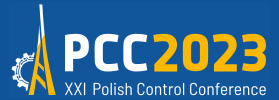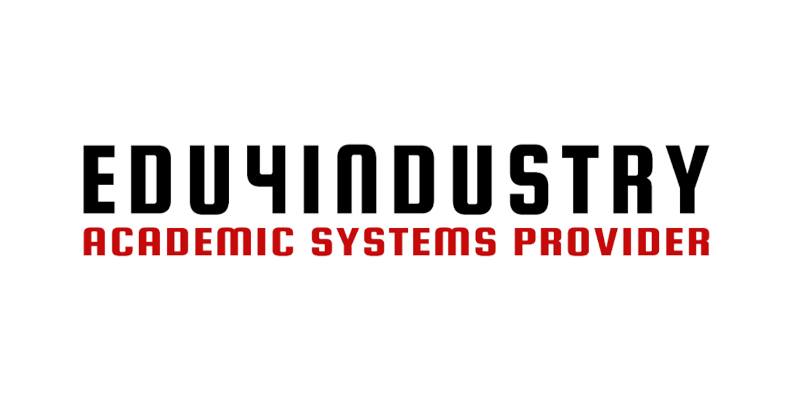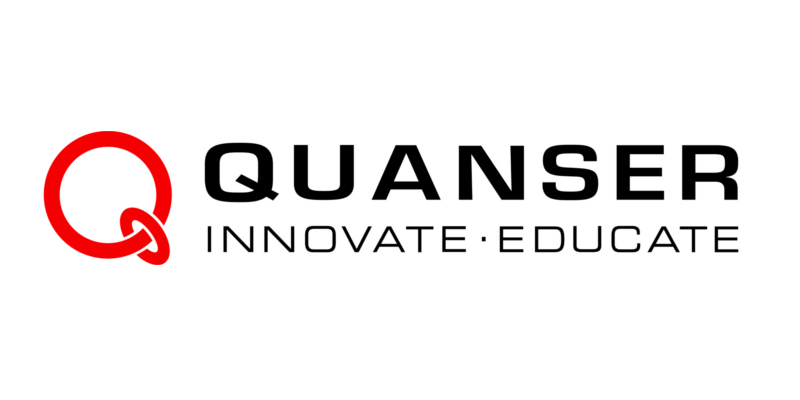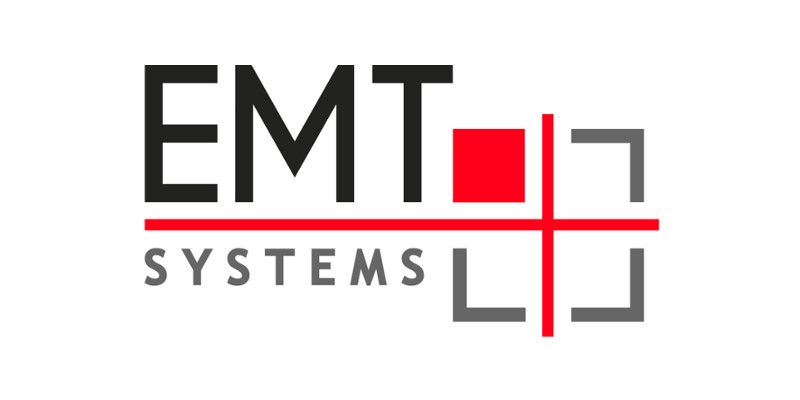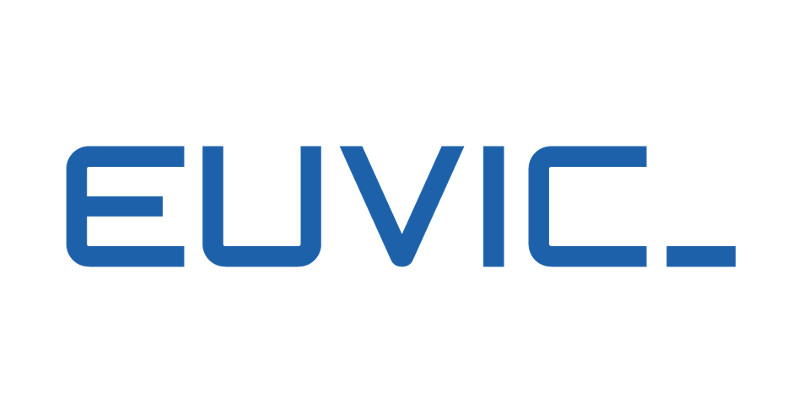XXI Polish Control Conference Scientific Program
The conference consists of regular and special sessions.
The scope of the regular sessions includes the following topics::
-
Modelling, identification, and analysis of automation systems; including:
- 1.1 Linear continuous-time and discrete-time dynamical systems.
- 1.2 Nonlinear continuous-time and discrete-time dynamical systems, chaotic systems.
- 1.3 Discrete event systems.
- 1.4 Networked systems and large scale complex systems.
- 1.5 Stochastic systems.
- 1.6 Infinite-dimensional systems, distributed parameter systems.
- 1.7 Fuzzy systems and artificial neural networks.
- 1.8 Positive systems, n-D systems, fractional order systems.
- Design of control systems, including:
- 2.1 Linear systems, feedback systems, design and selection of controllers for linear systems, including n-D, positive, infinite-dimensional, singular and fractional-order ones.
- 2.2 Nonlinear systems, design of nonlinear feedback control systems, Lyapunov's methods, passive systems, linear control in non-linear systems.
- 2.3 Controller design for systems with time-varying parametric uncertainties, adaptive control, robust control, sliding mode control, learning systems, model predictive control, fault tolerant control, supervision and safety of control systems.
- 2.4 Optimal control and differential games.
2.5 Data-driven control, expert systems in control.
- Calculation methods, data processing and communication in control, including:
- 3.1 Computer-controlled systems, signal processing, embedded controllers. Real-time control, human-computer interfaces. Tools for supervision and visualization of control processes.
- 3.2 Cyber-physical systems.
- 3.3 Data processing, data-mining, artificial intelligence and computational intelligence systems, heuristic methods, operations research, knowledge engineering.
- 3.4 Telematics, control via communication networks, large scale complex systems.
- 3.5 Hardware implementation and actuators.
- Mechatronics and robotics, including:
- 4.1 Design and control of robot manipulators, stationary robots, mobile, aquatic and aerial robots.
- 4.2 Smart robots, sensors and perception systems, guidance and navigation, information and sensor fusion, autonomous robots.
- 4.3 Human-robot interactions, social robotics, rescue and rehabilitation robots.
- 4.4 Multi-robot formation control, cooperation and communication, multi-agent systems.
- System and process diagnostics, including:
- 5.1 Detection, localization and identification of faults.
- 5.2 Process safety and reliability.
- 5.3 Control under failure conditions.
- 5.4 Industrial applications: electrical and mechanical, robotichal and mechatronical, in grid networks, in transportation.
- Automated manufacturing systems, including:
- 6.1 Internet of Things, Industry 4.0 and other methodologies of manufacturing system control.
- 6.2 Modelling, tools and applications related to automation, information and communication technologies needed to control the manufacturing plant within the e-enterprise. Control systems in logistics.
- 6.3 Enterprise integration of control systems, complex and hierarchical control systems, communication-based information systems.
- Industrial systems, including:
- 7.1 Chemical process control in food, refining and other industries.
- 7.2 Control in the field of mining, mineral and metal processing.
- 7.3 Control of power and energy systems.
- Transportation and vehicle systems, including:
- 8.1 Motion control in the presence of friction and disturbances, electric drive dynamics.
- 8.2 Control systems in land vehicles, modeling and identification, vehicle dynamics, integrated traffic and in-vehicle communication. Safety and diagnostics, autonomous vehicles.
- 8.3 Active vibration and noise elimination.
- 8.4 Control systems in marine and submarine vehicles.
- 8.5 Dynamics and control of aeronautical vehicles and vehicle systems.
- Biological, medical and ecological systems, including:
- 9.1 Modeling and control in agriculture.
- 9.2 Modeling and control in biology, medicine, sport, physiology and psychology.
- 9.3 Modeling and control of environmental systems.
- Control of social systems. Social impact of automation, including:
- 10.1 Modeling, analysis and control of Economic, Business, Financial and Political Systems.
- 10.2 Smart cities.
- 10.3 Relations between social environments and automation.
- 10.4 Education issues in control engineering.
- Special Sessions (click).


